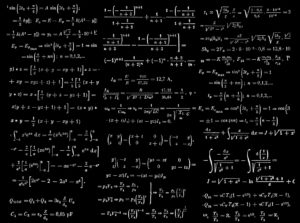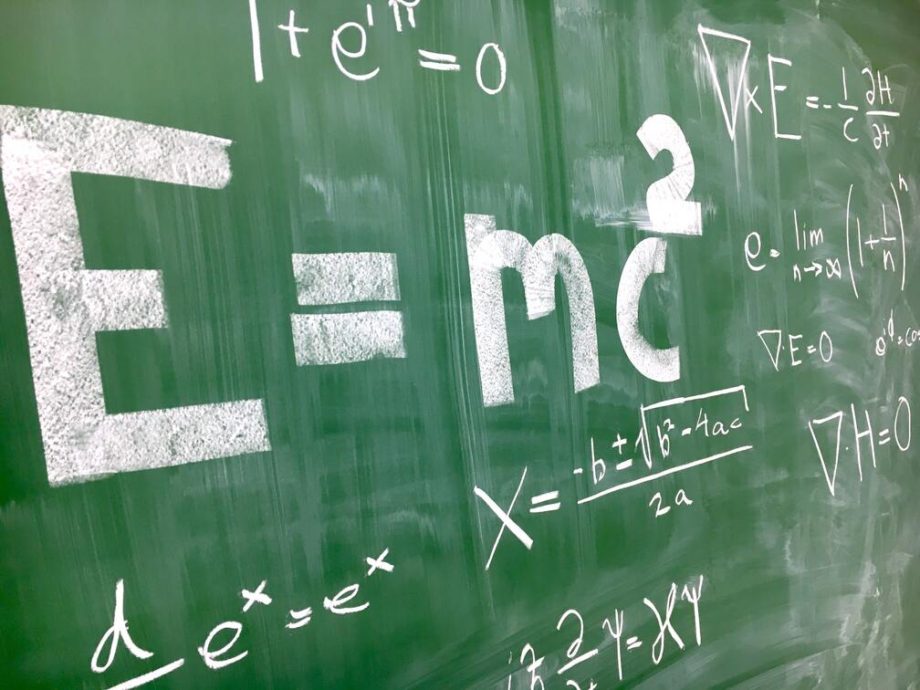Study Physics in Canada

Study Physics in Canada
Physics is a fundamental science that tries to explain the processes of the universe. It is also a technical discipline that requires logical thinking, good imagination, and mathematical skills. Moreover, international students must get a high-quality education if they want to build a successful career. Thus, they can study Physics in Canada.
Overview of the Programs
The best educational institutions offer to study Physics in Canada at an undergraduate, graduate, and postgraduate level. Bachelor of Science in Physics is a four-year undergraduate study program that focuses on the fundamentals of physics.
When students study Physics in Canada, their syllabus includes theory, laboratory works, and practical examination. The study program also focuses on both classical and modern physics. In general, the curriculum of the Bachelor of Science in Physics degree consists of Classical Mechanics and Theory of Relativity, Properties of Matter, Kinetic Theory of Gasses, Electricity, Magnetism and Electromagnetic Theory, Semiconductor Devices, Computer Programming and Thermodynamics, Statistical Physics, Wave and Optics, Quantum and Laser Physics, Atomic and Molecular Spectroscopy, and Nuclear Physics.
International students who decide to study Physics in Canada and obtain an undergraduate degree can get jobs in many fields of public and private sectors. Graduates can be employed as lab assistants, researchers, assistant radiologists, statisticians, technicians, or physicists.
After graduation, international students can also study Physics in Canada at the graduate level. Master of Science in Physics is a two-year study program that aims to give students comprehensive knowledge on the advanced principles of physics.
A syllabus of the program consists of seminars, lectures, workshops, and practical lab work. If you decide to study Physics in Canada, you should know that the curriculum depends on the chosen specialization and college. The most common subjects of the course include Mathematical Methods, Nuclear Physics, Classical Mechanics, Relativity and Cosmology, Quantum Mechanics, Classical Electrodynamics, Electronics, Advanced Optics, Solid State Physics, Statistical Mechanics, Atomic Spectroscopy, Group Theory, Molecular Spectroscopy, Astrophysics. Moreover, international students are required to submit a research project at the end of their study Physics in Canada.
Master’s degrees in Physics allow graduates to find positions in the private as well as the public sector. International students can work in the Information Technology sphere, the automobile industry, and scientific research organizations.
International students who want to conduct independent research should study Physics in Canada and pursue a doctorate degree. The Doctor of Philosophy in Physics is a three-year study program that improves the research skills and knowledge of international students.
The syllabus of the program focuses on research-based subjects that are performed practically. As a rule, international students who study Physics in Canada at the postgraduate level complete courses, such as Quantum Optics, Laser Physics, Matter Physics, Solid State Physics, Materials Science, High Energy Physics, Research Methodology and Statistics, Theoretical Physics, Mathematical Methods, Experimental Physics, Quantum Mechanics, Numerical Methods and Simulation, Statistical Mechanics, Electrodynamics, Atomic and Molecular Physics, Nuclear and Particle Physics, Condensed Matter Physics. At the end of their study Physics in Canada, international students are required to complete a Ph.D. project.
Graduates who obtain a Ph.D. degree have various career options. For instance, they can work as physics professors, physicists, research scientists, biophysicists, natural science managers, petroleum engineers, subject matter experts, nanotechnologists.

Tuition Fees
When you decide to study Physics in Canada, you should know the tuition fees for the most popular programs at the undergraduate level. On average, international students need to pay from 7,000 to 54,000 CAD per year.
For instance, a Bachelor of Science with a Major in Physics at the University of New Brunswick costs 7,270 CAD per year. Bachelor of Science in Physics at the University of Northern British Columbia costs 22,020 CAD per year. Bachelor of Science with Honors in Mathematical Physics at the University of Alberta costs 29,500 CAD per year. Bachelor of Science in Astrophysics at Queen’s University costs 48,505 CAD per year. Bachelor of Science in Physics (Photonic Option) at the University of Ottawa costs 54,241 CAD per year.
The tuition fees for the graduate study programs vary from 10,000 to 47,000 CAD per year. Master of Science in Physics and Astronomy at the University of Victoria costs 10,351 CAD per year. Master of Science in Biomedical Physics degree at the University of Windsor costs 15,330 CAD per year. Master of Science in Medical Physics at the University of British Columbia costs 18,263 CAD per year. Master of Physics (Quantum Information) at the University of Waterloo costs 22,416 CAD per year. Master of Science in Physics degree at Brock University costs 47,009 CAD per year.
To study Physics in Canada and earn a Ph.D. degree, international students should pay from 15,000 CAD to 62,000 CAD per year. Doctor of Philosophy in Physics and Astronomy (Theoretical Physics) at the University of Victoria costs 15,626 CAD per year. Doctor of Philosophy in Medical Physics at the University of British Columbia costs 27,394 CAD per year. Doctor of Philosophy in Physics and Astronomy (Space Physics) at the University of Calgary costs 32,334 CAD per year. Doctor of Philosophy in Biomedical Physics at Ryerson University costs 47,700 CAD per year. Doctor of Philosophy in Physics (Astrophysics and Gravitation) at the University of Waterloo costs 62,748 CAD per year.

Admission Requirements
Schools have their own admission policy for international students who want to study Physics in Canada. Nevertheless, there are several common requirements. If international students want to earn an undergraduate degree, they must meet the following criteria.
- The applicants need to complete the high school or recognized post-secondary institution and submit their official transcripts.
- It is worth mentioning, that all international students are obliged to take the English Language Proficiency Test. For instance, applicants should get a minimum band of 6.5 in IELTS, at least 90 in TOEFL, no less than 80 in MELAB, 70 in CAEL, or 65 in PTE.
- Depending on the school, students may need to submit their resume, statement of purpose, and letter of recommendation.
International students who decide to study Physics in Canada and pursue a master’s degree must fulfill the following admission requirements.
- They should get a bachelor’s degree in physics, astronomy, mathematics, engineering physics, electrical engineering or an equivalent degree from a recognized university-level institution with an average grade of at least 80%.
- The applicants must pass an English Language Proficiency Test, including IELTS or TOEFL. If they decide to take IELTS, they need to get at least 6.5. If students pass TOEFL to study Physics in Canada, they should get a minimum bond of 90.
- Depending on the educational institution, international students should provide high school and undergraduate transcripts, resume, letter of recommendation, and statement of purpose.
Those applicants who wish to study Physics in Canada and pursue a Ph.D. degree must meet the following eligibility requirements.
- International students should obtain a Master of Science degree in physics or a closely related field with a first-class standing from a recognized educational institution.
- The applicants must take the English Language Proficiency Test. Hence, they should obtain at least 7.0 in IELTS or 100 in TOEFL.
- Depending on the school, international students may need to submit official transcripts, a statement of purpose, a letter of recommendation, and a resume.
 Perspectives of the Future Employment after Study Physics in Canada
Perspectives of the Future Employment after Study Physics in Canada
Many students choose to study Physics in Canada due to the high employment rate of recent graduates. Moreover, international students with a degree in physics earn more than any other graduates with a science major. The salary can vary based on the level of education and the specifics of the job.
For instance, a Physics Teacher earns 57,321 CAD per year. Lab Manager can earn 58,234 CAD per year. Research Scientist earns 83,490 CAD per year. An Aerospace Engineer makes up to 89,195 CAD per year. Geophysics can earn about 99,348 CAD per year. An Optical Engineer earns 100,503 CAD per year. A Professor of Physics can earn 114,134 CAD per year. Astrophysics makes up to 117,220 CAD per year. Data Scientist earns 117,345 CAD per year. Medical Physicists can earn near 129,183 CAD per year.
If you need help with admission to Canada in order to Study Physics in Canada or other programs, please fill in application below or contact us directly.

